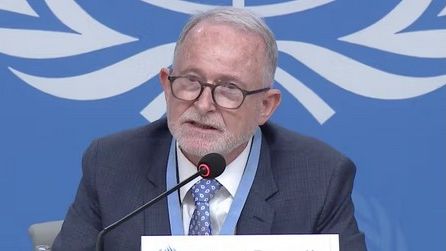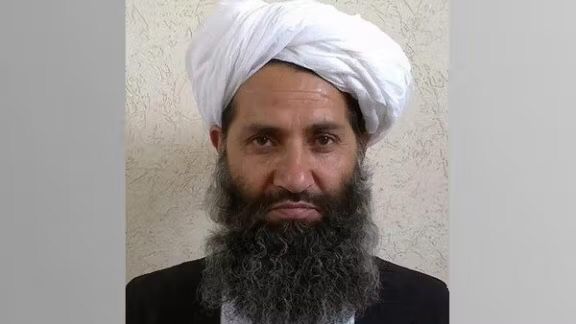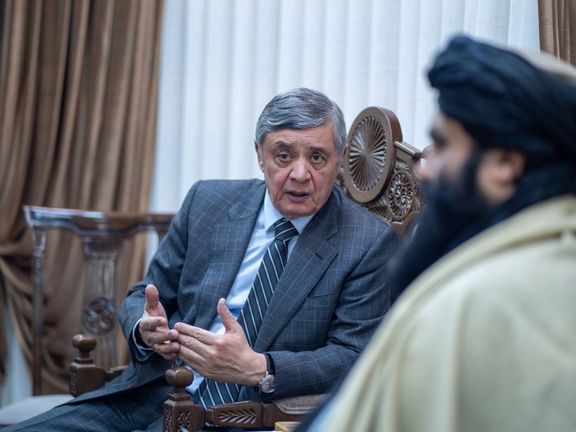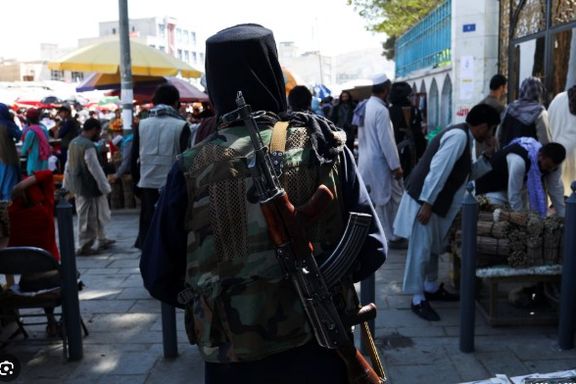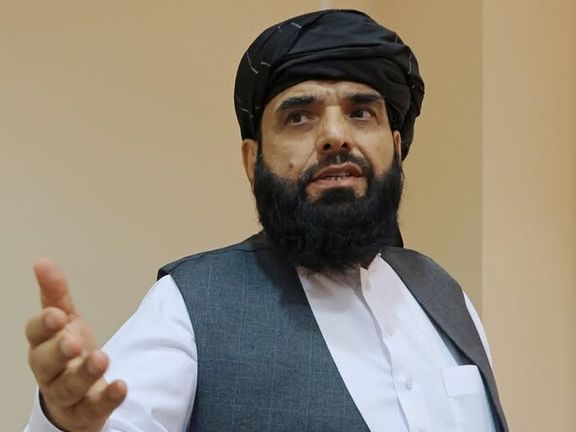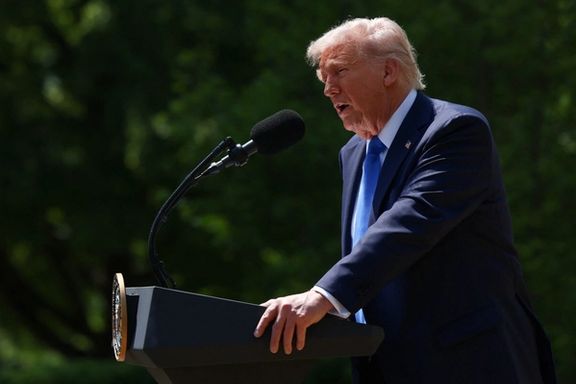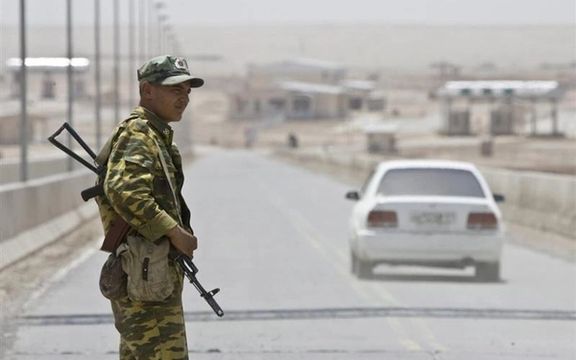Speaking in an interview with RIA Novosti, Kabulov stated that Russia would provide all possible support to the Taliban through its specialised security agencies. “ISIS-K is our mutual adversary,” he said. “Moscow stands ready to offer assistance using all relevant structures.”
Recognition of the Taliban Still Uncertain
However, Kabulov avoided answering a direct question on whether Russia is prepared to formally recognise the Taliban government. He noted that cooperation between Moscow and Kabul is ongoing on a de facto basis but did not commit to official recognition.
He indicated that the recent decision by the Supreme Court of the Russian Federation to suspend the designation of the Taliban as a terrorist organisation would pave the way for broader cooperation. Kabulov added that once the Taliban’s nominated ambassador arrives in Moscow, it would mark the final step toward formal diplomatic engagement.
The envoy said he had no confirmed information about the ambassador-designate but noted that once details are provided by the Taliban administration, Russia would review the nomination and proceed accordingly.
On 17 April, Russia’s Supreme Court approved a request from the Prosecutor General’s Office to suspend the ban on the Taliban. Judge Oleg Nefedov declared that the ruling would take immediate effect. Kabulov credited the decision to extensive inter-agency work involving the Ministry of Foreign Affairs, the Federal Security Service, the Ministry of Justice, and the Prosecutor General’s Office.
Despite this move, Russia like all other nations has yet to officially recognise the Taliban government.
Interest in Afghan Natural Resources
Kabulov also acknowledged Afghanistan’s substantial natural wealth, including hydrocarbons, precious stones, and rare earth elements. When asked about Russia’s interest in extracting resources such as lithium, he emphasised that comprehensive geological surveys must be completed first.
“Lithium extraction requires significant water resources, which are scarce in Afghanistan,” he noted, suggesting that logistical and environmental challenges remain an obstacle to full-scale operations.
Estonian diplomat Harri Tiido previously told Ukrinform that Russia’s growing engagement in Afghanistan is motivated by both economic and geopolitical interests, including access to lithium reserves. Tiido asserted that Moscow seeks to establish an ally in the region as a counterweight to Western influence.
Cooperation with the West on Afghanistan
Kabulov also addressed the prospect of engagement with the western countries on Afghan affairs. He stated that Russia is open to cooperation, including with the United States, but expects “constructive measures,” such as the unfreezing of Afghanistan’s foreign assets held in Western financial institutions.
He downplayed the recent US decision to impose tariffs on Afghan goods, noting that trade between Washington and Kabul is minimal totalling less than $10 million annually. However, he warned that such actions could further isolate the Taliban and drive them closer to regional powers such as Russia.
